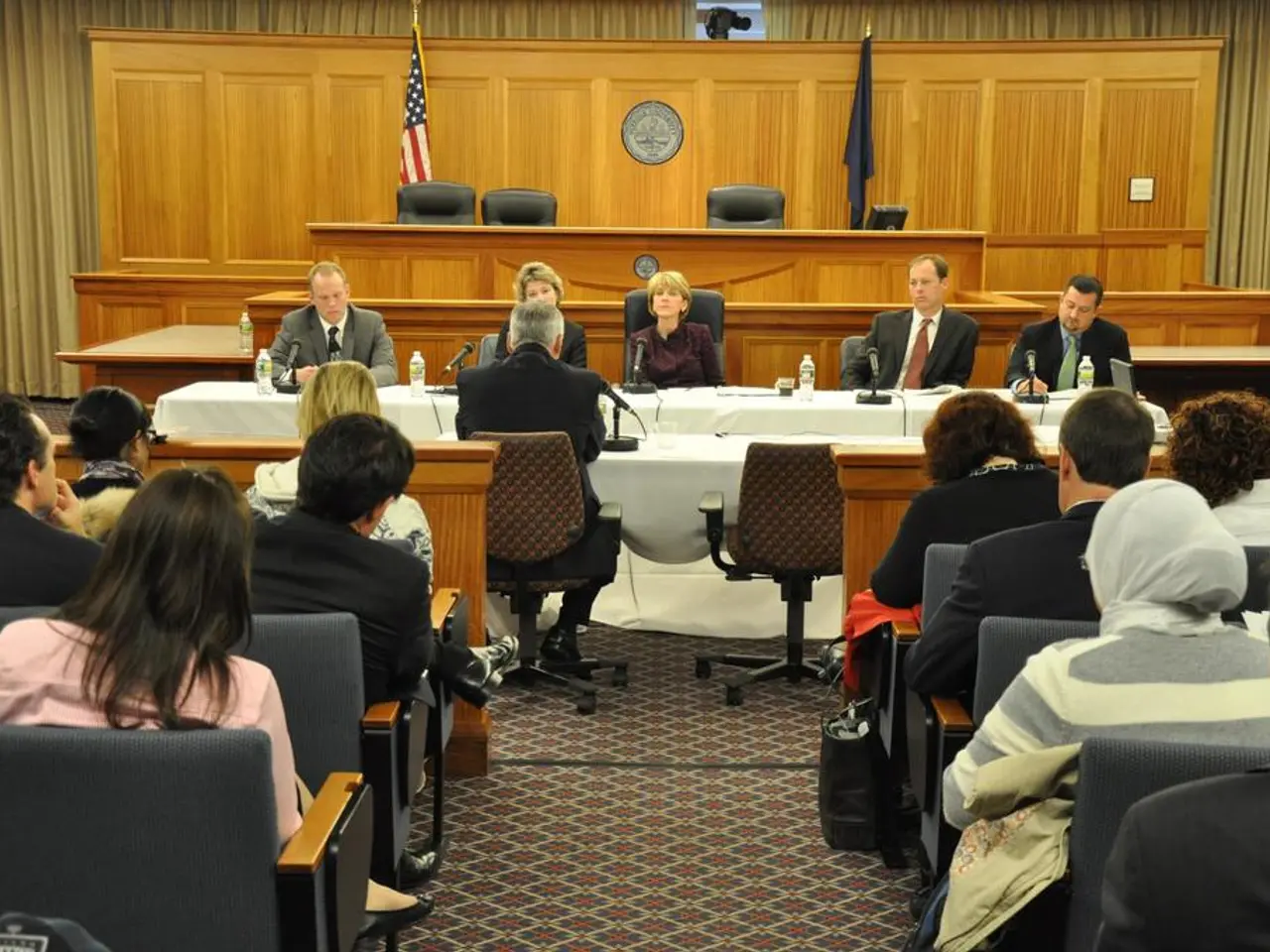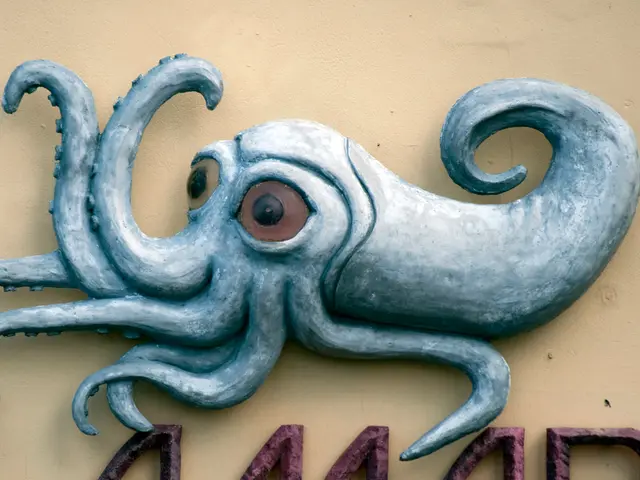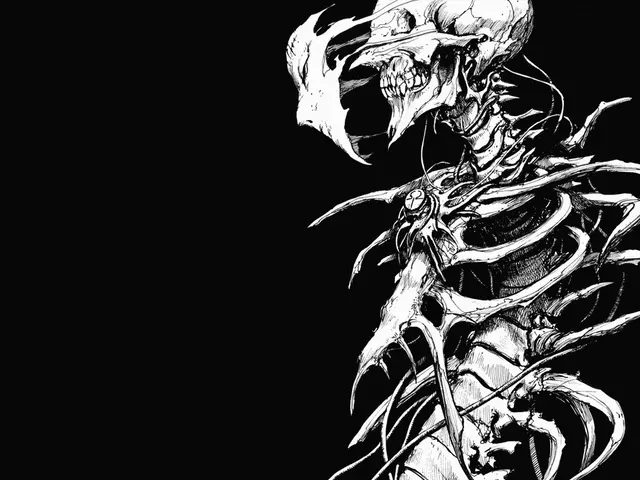Committees of Foreign Affairs in the Baltic nations advocate for Ukraine's inclusion in NATO
In a joint statement issued at their annual meeting in Birštonas, Lithuania, the Foreign Affairs Committees of Estonia, Latvia, and Lithuania have reaffirmed their strong political support for Ukraine's eventual NATO membership and urged concrete steps to provide security guarantees that closely resemble NATO's collective defense commitments.
The joint statement emphasises the importance of strengthening Ukraine's pathway to NATO membership through practical security guarantees, military support, and firm diplomatic backing. The committees have pledged to support Ukraine until its full victory, including the liberation of all temporarily occupied territories, accountability for war crimes, and full implementation of international justice.
The statement does not provide a specific timeline for Ukraine's NATO membership, only indicating that the 2025 NATO Summit in The Hague should take concrete political steps that would pave the way for Ukraine's accession to the Alliance.
One key point reflected in these political efforts is the potential for the US and European allies to offer Ukraine protections similar to the NATO collective defense clause (Article 5), which underpins mutual defense in case of attack. This is seen as a workaround to Russia’s long-standing objection to formal NATO membership for Ukraine.
NATO and its members are reportedly planning to increase lethal weapons supplies and possibly deploy foreign troops or intelligence support in Ukraine, although exact details and contributors remain under discussion. Ongoing diplomatic and military talks are taking place to define what guarantees and commitments can be made in the context of the ongoing conflict and peace negotiations, aiming to prevent future invasions of Ukraine.
The Baltic states, including Estonia’s Prime Minister Kaja Kallas, have expressed skepticism towards Russian proposals for Ukraine to abandon NATO membership and accept neutrality, recalling Russia’s historical unreliability in peace talks and commitments.
The committees' goal is to conclude accession negotiations and welcome Ukraine as a full member of the European Union by 1 January 2030. They also aim to expand and tighten sanctions regimes against Russia and continue diplomatic and political efforts to isolate Russia and its supporters in international organisations.
The Foreign Affairs Committees have emphasised that Ukraine's victory over Russia's aggression would consolidate peace in Europe. They have also committed to working towards ensuring full legal and political accountability for crimes committed against Ukraine.
The full statement can be found at the link: 3B-Statement-06.06.2025.pdf
[1] BBC News, "Estonia, Latvia, and Lithuania call for stronger support for Ukraine's NATO membership", 6 June 2025, www.bbc.co.uk/news
[2] Reuters, "NATO allies plan to increase military support for Ukraine", 7 June 2025, www.reuters.com/world
[3] The New York Times, "NATO defense chiefs discuss security guarantees for Ukraine", 8 June 2025, www.nytimes.com
[4] The Guardian, "Estonia's Prime Minister Kaja Kallas warns against Russian proposals for Ukrainian neutrality", 9 June 2025, www.theguardian.com
- The Foreign Affairs Committees of Estonia, Latvia, and Lithuania have urged concrete steps towards NATO's collective defense commitments for Ukraine, with a goal of welcoming Ukraine as a full member by 1 January 2030.
- The joint statement emphasizes the importance of strengthening Ukraine's pathway to NATO membership through practical security guarantees, military support, and firm diplomatic backing.
- NATO allies are reportedly planning to increase lethal weapons supplies and possibly deploy foreign troops or intelligence support in Ukraine, amid ongoing diplomatic and military talks.
- The committees have pledged to support Ukraine until its full victory, including the liberation of all temporarily occupied territories, accountability for war crimes, and full implementation of international justice.
- The committees aim to expand and tighten sanctions regimes against Russia and continue diplomatic and political efforts to isolate Russia and its supporters in international organisations, particularly in response to Russia's long-standing objection to formal NATO membership for Ukraine.







